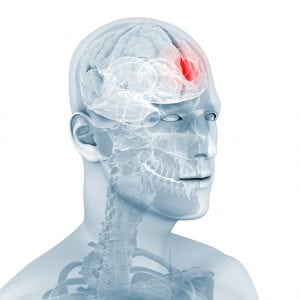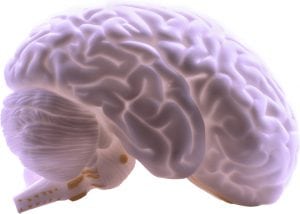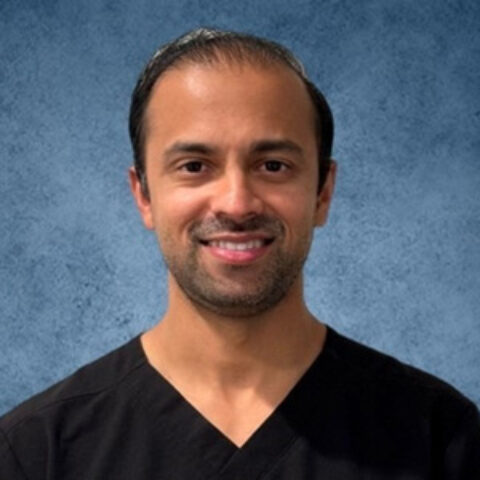A brain surgeon is also referred to as a neurosurgeon. However, the specialty of a neurosurgeon is not limited to the brain. Rather, this type of doctor examines, diagnoses, and operates on the central, peripheral, and autonomous nervous systems. At our clinic, we treat disorders and diseases of the brain, head, and spinal cord, as well as associated nerves, muscles, and blood vessels.
The brain and the spinal cord make up the central nervous system. The brain lies protected inside the skull and, from there, controls all the body functions by sending and receiving messages through the nerves. Our medical staff is trained to analyze the results from common brain scans like MRI, PET, and CT scans.

Brain Facts
Some commonly unknown facts about the brain include:
- Lack of oxygen in the brain for five to 10 minutes could result in permanent brain damage.
- The brain has the same consistency as tofu.
- An average person has around 70,000 thoughts per day.
- Your brain can generate about 25 watts of power at any given time. It could power a light bulb.
- Your brain continues to develop until you are in your late 40s.
Do I need to see a brain surgeon?
To get the best care, you should always consult your primary care doctor. In many cases, there are certain symptoms that may make thedoctor suspect that a neurologist would be useful to involve in the diagnostic and treatment process. Neurosurgeons often treat pain in the neck or lower back, or pain spreading to the arm or leg due to conditions like a ruptured disc or spinal stenosis. They also treat cancerous tumors and lesions in or around the central nervous system.
Sometimes, you may experience symptoms that make you seek the care of a brain surgeon without first consulting your primary care doctor. Regardless of the reason for your appointment, one of our doctors can help you determine the best course of treatment.
Here are some symptoms to be on the lookout for, which could indicate a need to see one of our experienced doctors—as well as conditions that require more than just treatment from your primary care doctor:
- Any condition which may affect blood circulation to the brain, spinal column or nerves, including hemorrhages and aneurysms
- Difficulty thinking for daily problem solving, or trouble understanding
- Severe headaches
- Changes in vision
- Seizures
- Traumatic injuries
- Compressed or pinched nerves
- Degenerative diseases
- Functional disorders
- Genetic conditions
- Back, neck, or leg pain that could be resulting from spinal problems, including arthritis
- Movement problems like jerks, tremors, clumsiness
What should I expect from my first visit?
Our first step is to learn more about your symptoms and your medical history. One of our doctors will ask a lot of questions and may do a physical exam. We may need to order diagnostic tests like laboratory exams, radiology tests, or more. Once we have made a diagnosis, we will be able to discuss your treatment options. This discussion might come at a later appointment after we are able to go over any relevant test results.
Before you see your brain surgeon, you can help to prepare for your appointment by:
- Writing down any symptoms you are experiencing, even if your primary complaint is just a headache. Your doctor will want to know about things like changes in coordination, vision, or speech.
- Note if there is any major stress in your life or any recent life changes.
- Write down your past medical history and any medications that you are taking.
- Write down any questions you have for the doctor, so you don’t forget to ask during the appointment.

What are my treatment options?
There are many neurosurgical conditions that are able to be managed without surgery. We always attempt to treat our patients conservatively when it is appropriate. If surgery is recommended, the risks and goals of the procedure will be discussed thoroughly with you by your brain surgeon, as well as possible alternative treatments. Many conditions are managed with medications and other therapies, including physical therapy.
Before you have surgery, you will have a pre-operative physical exam, and an appointment with our anesthesia staff. Your primary care doctor may need to provide medical clearance to be sure that you are healthy enough for surgery. We will work to make sure your surgery is scheduled as quickly as possible so that you can experience relief from your symptoms.
Contact our office today to make an appointment with a top brain surgeon in Orange County.




